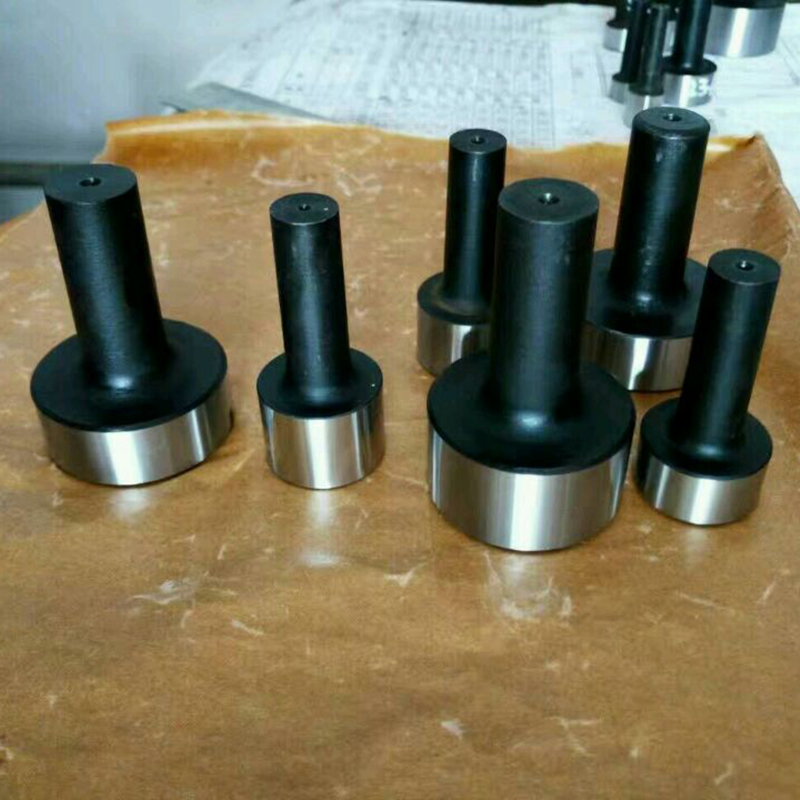Jul . 31, 2024 08:21 Back to list
Exploring the Benefits and Applications of Digital Bore Gauges for Precision Measurement Tasks
Understanding Digital Bore Gauges Precision in Measurement
In the world of precision engineering, the ability to measure internal diameters accurately is crucial. This is where digital bore gauges come into play. A digital bore gauge is an advanced tool designed to measure the internal diameters of holes, tubes, and pipes with a high degree of accuracy. This article will delve into the features, advantages, and applications of digital bore gauges, highlighting why they are essential in various industrial sectors.
What is a Digital Bore Gauge?
A digital bore gauge is an electronic measuring tool that uses a probe to gauge the internal dimensions of a bore or cylindrical hole. Unlike traditional dial bore gauges, which rely on mechanical components and analog displays, digital bore gauges provide digital readings, allowing for quick and precise measurements. Typically equipped with a digital display, these gauges can display measurements in various units, such as inches or millimeters, making them versatile for different applications.
Key Features
Digital bore gauges come with several features that enhance their usability and precision
1. High Accuracy Modern digital bore gauges offer accuracy levels up to ±0.001 inches, allowing for precise measurements essential in manufacturing and quality control.
2. Data Output Many digital bore gauges come with the ability to interface with computers or printers, enabling users to store and print measurement data for further analysis or documentation.
3. Easy Reading The digital display solves the problem of misreading results common with analog gauges. The large, clear screens make it easy to take measurements at a glance.
digital bore gauge

5. Range of Settings Users can often switch between metric and imperial units, catering to different international standards and user preferences.
Advantages of Digital Bore Gauges
1. Efficiency The speed at which these gauges take measurements improves workflow, especially in fast-paced manufacturing environments. Digital bore gauges can significantly reduce the time spent on quality control and inspection.
2. Ease of Use With straightforward operation and minimal training required, digital bore gauges are user-friendly. Operators can quickly adapt to their use, minimizing the learning curve.
3. Reduced Human Error The clarity of digital readouts helps reduce the risk of human error, which can be more prevalent in analog systems that require manual interpretation.
4. Durability and Maintenance Many digital bore gauges are designed to be robust and can withstand rigorous use in industrial settings. Their electronic components are often sealed for protection against dust and liquids, making them suitable for challenging environments.
Applications
Digital bore gauges are widely used across various industries, including automotive, aerospace, and manufacturing. In the automotive industry, they are crucial for measuring engine components, ensuring that parts fit together properly for optimal performance. In aerospace, precision is paramount, and digital bore gauges help maintain the stringent quality standards required for aircraft components.
In conclusion, digital bore gauges are essential tools in modern precision engineering. Their combination of accuracy, ease of use, and efficiency makes them invaluable in maintaining quality control across various industries. As technology continues to advance, we can expect further improvements in the design and functionality of these indispensable measuring instruments, ensuring that industries can meet ever-increasing demands for precision and quality.
-
Why Metric Trapezoidal Thread is Ideal for Precision Motion ControlNewsAug.05,2025
-
The Unique Properties of a Block of Granite for Industrial UseNewsAug.05,2025
-
The Role of Flanged Y Strainers in Preventing Pipeline ClogsNewsAug.05,2025
-
The Importance of Regular Calibration for Master Ring GagesNewsAug.05,2025
-
How a Cast Iron Surface Table Enhances Accuracy in ManufacturingNewsAug.05,2025
-
Comparing Different Check Valve Types for Optimal Flow ControlNewsAug.05,2025
Related PRODUCTS









